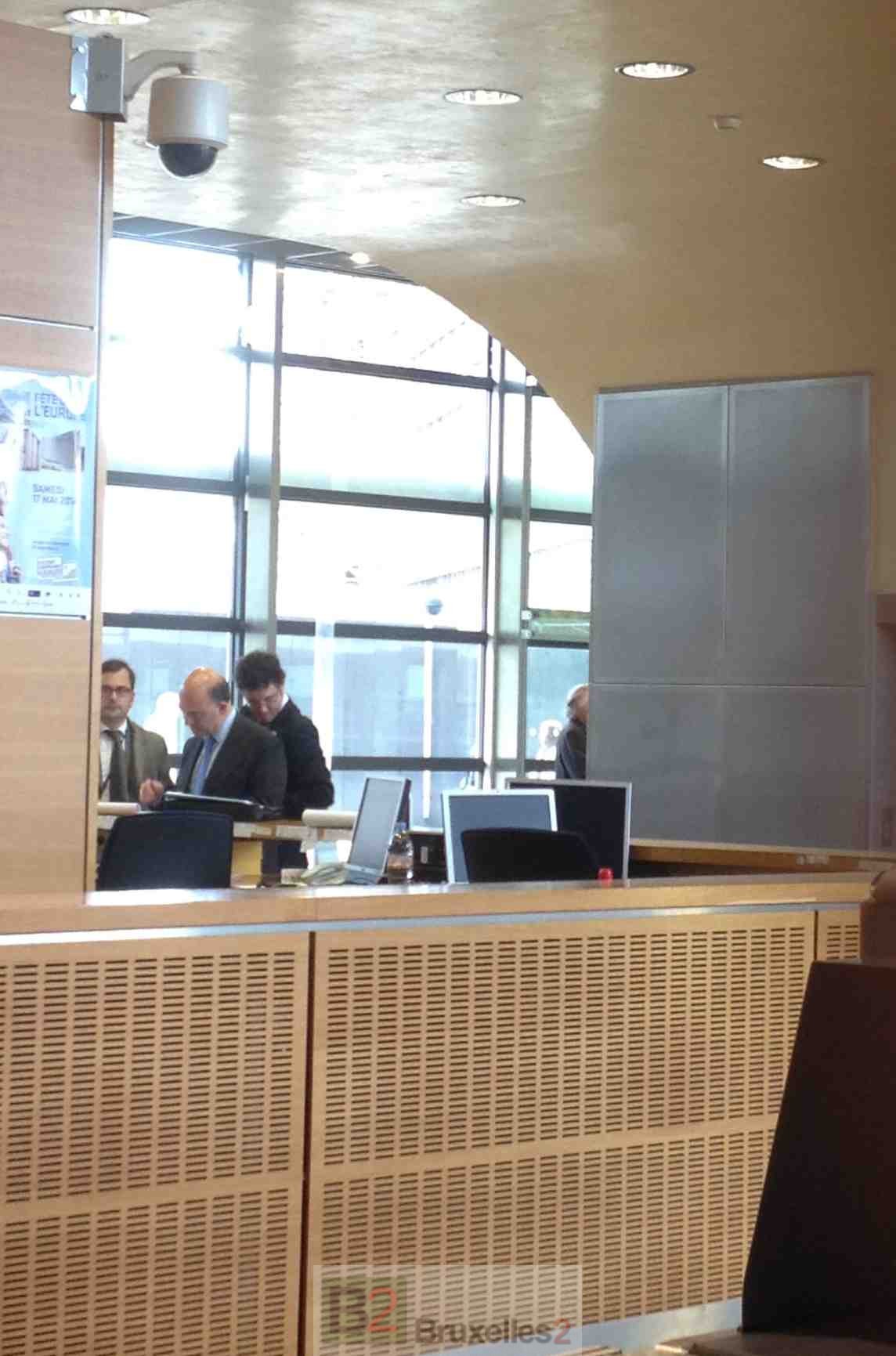When France wins from Germany
(Archives B2) If you want to piss off a French diplomat, a Chirac, or a Jospin, try the word “unhooking”. Normally the effect is immediate and the man sees red. Explanations.
In Brussels, each country country votes with a number of votes allocated to it (10 so far for France 28, 30 or 32 tomorrow), according to a clever balance of geopolitical and demographic importance, fixed once and for all in the European treaties, weighting. Naturally, everyone wants a maximum of votes, generally striving for a better balance between their voice representation in the Council of Ministers and their population. What in European jargon is called stalling, caused some great tussles in Nice.
That Poland does not receive the same votes as Spain, and its representatives, present behind the scenes, supported in this case by the Germans, howl at discrimination. Let Belgium, separated by 5 million from the Netherlands, be outdistanced by one vote by its Batavian neighbors, and rancor bursts... against these French quitters. " Why in this case, with 23 million fewer inhabitants than the Germans, France would have the same weight in the Council », Do we underline on the Belgian side?
Pierre Moscovici and Hubert Védrine, during a press conference, did not dare to admit this reversal. But in fact, France has indeed won Germany. In disguise. In the European Parliament first of all, the French could lose in the 2004 elections about fifteen deputies (out of 87 currently). In the Council of Ministers then, if Germany and France keep the same number of votes, a "demographic net" appears. A decision could then not be adopted if it does not collect a certain number of percentages of the population (62% for example). In other words, a very real stall.
Nicolas Gros-Verheyde (published in France-Soir, December 2000)
